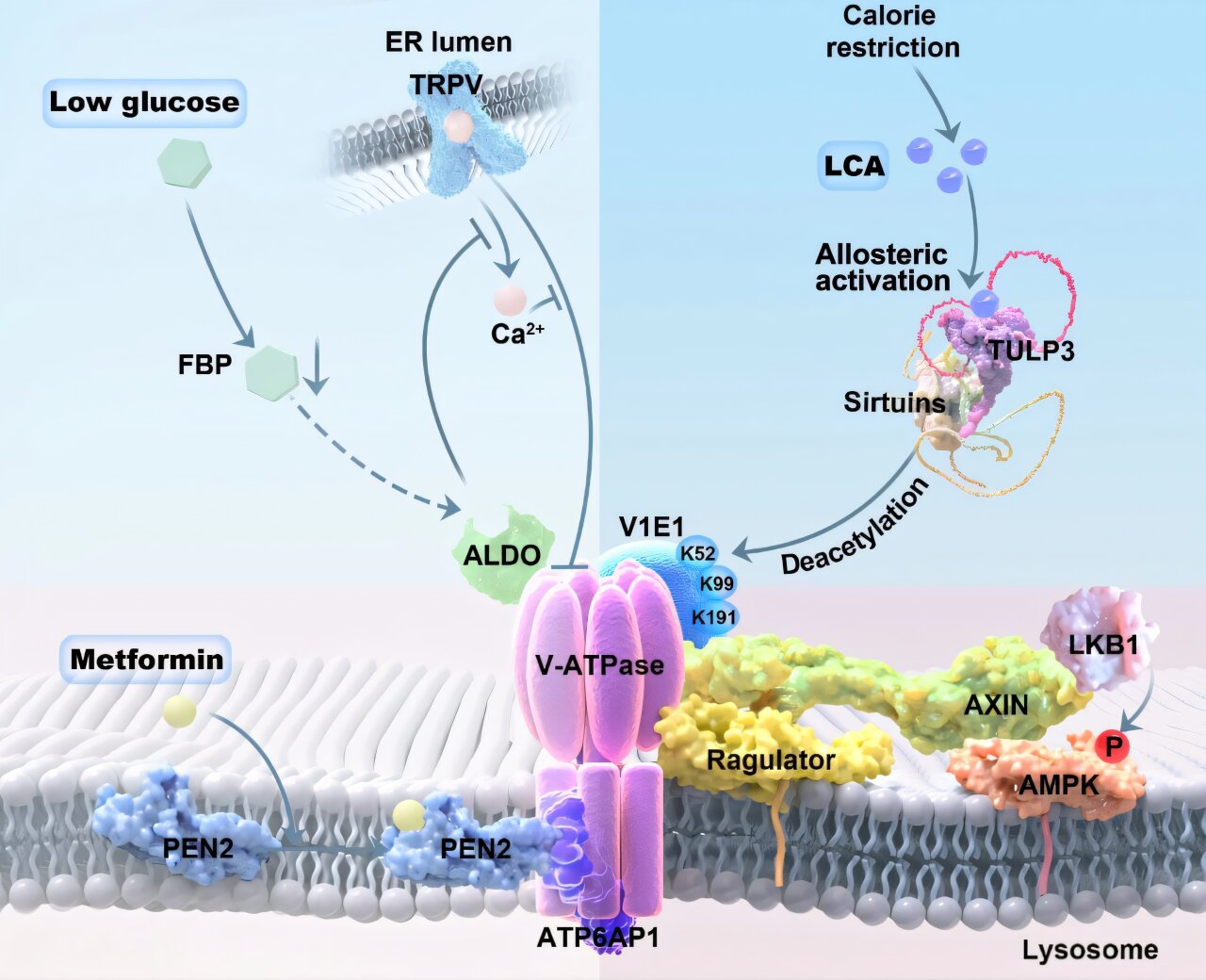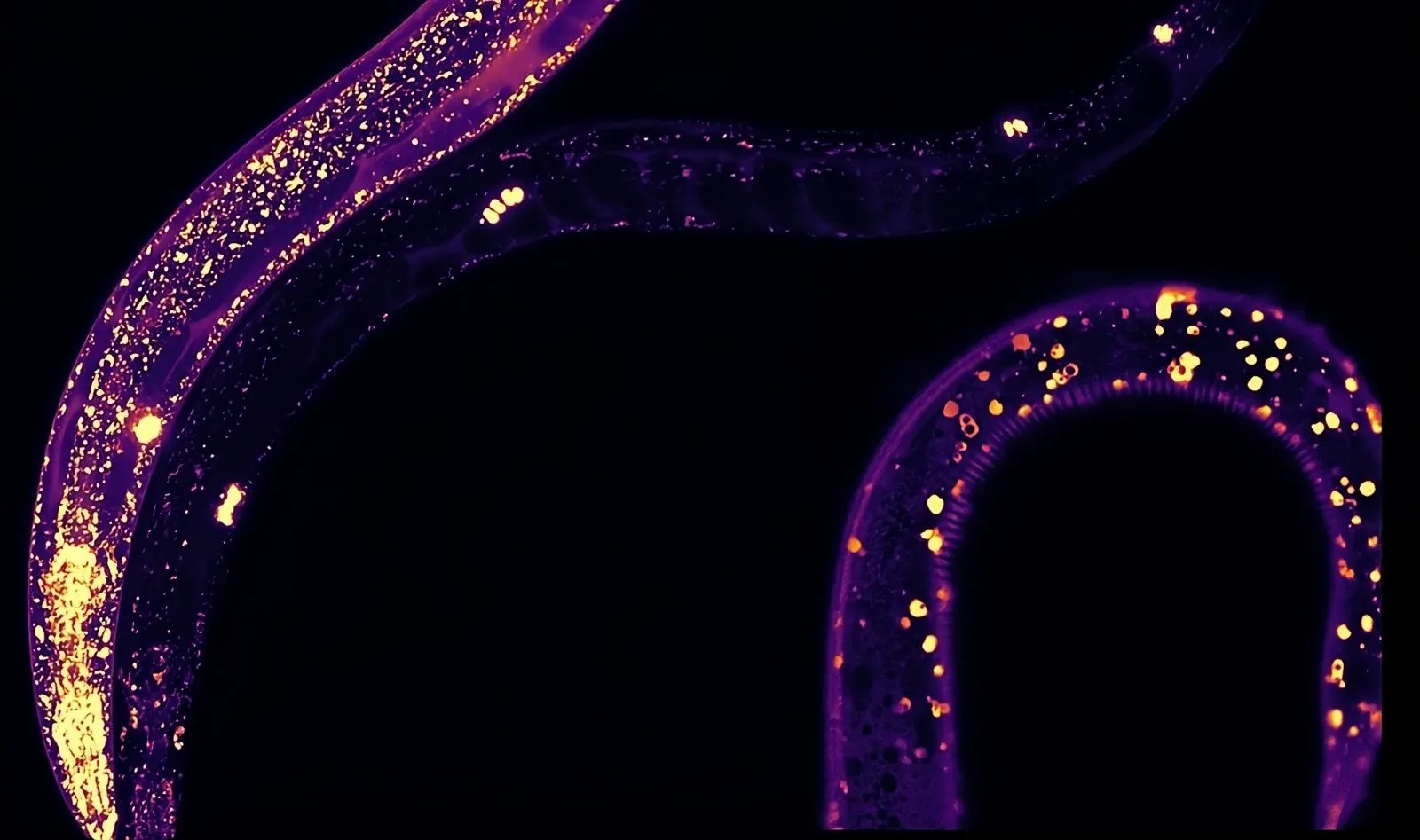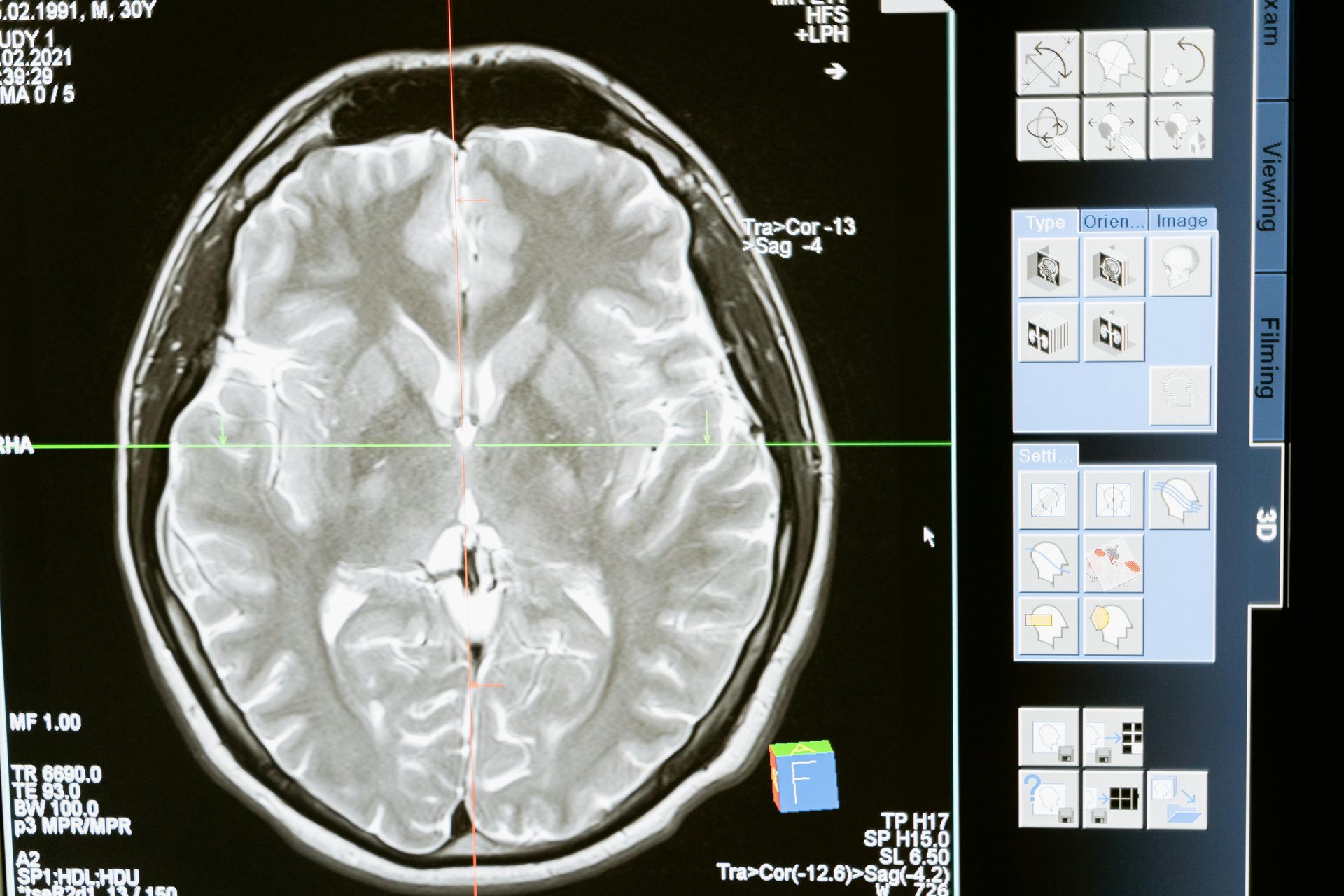Introduction: Discovery of a Molecule Linked to Aging
A groundbreaking study conducted by a collaborative team of researchers from China and the U.S. has unveiled a molecule that could potentially slow the aging process in animals subjected to a restricted diet. Published in Nature, these findings highlight the potential health benefits of restricted calorie intake and open up new avenues for understanding aging mechanisms. Harvard Medical School’s David Sinclair also contributed to this issue, offering insights into the broader context of health promotion through diet.
The Role of Lithocholic Acid (LCA) in Aging and Health
For years, researchers have known that low-calorie diets may promote health and extend the lifespan of various animals, such as fruit flies and nematodes. However, extending such studies to humans has been challenging due to the long lifespan of humans, making it difficult to gather conclusive evidence on the effects of calorie restriction on human aging.
One intriguing area of exploration has been the study of molecules in the gut, specifically bile acids produced by gut bacteria. The researchers in this study focused on lithocholic acid (LCA), a bile acid that has long been considered a toxin. Recent studies, however, have suggested that in low doses, LCA may offer health benefits. The team’s research sought to explore these potential benefits in more detail.
How LCA May Influence Aging and Muscle Health
In their experiments, the researchers administered LCA to mice in low doses. They observed that these mice produced higher levels of a protein called AMPK, which has been linked to slowing muscle atrophy—a common consequence of aging. The study involved analyzing changes in the metabolite levels in the mouse gut when placed on a restricted diet. The results revealed hundreds of altered metabolites, with LCA identified as a key player in activating beneficial processes.
The researchers speculated that LCA could be responsible for some of the health benefits observed in mice on restricted diets. However, they were quick to clarify that LCA did not appear to influence the animals’ lifespan directly.
Exploring the Activation Mechanism: Sirtuins and AMPK
The team conducted a follow-up study to investigate how LCA activates AMPK. They discovered that the activation process relies on signaling from sirtuins, a family of enzymes that are known to play a role in aging and cellular health. While this discovery provided valuable insights into the molecular processes at play, the team emphasized that further research is needed to fully understand the potential benefits of LCA in humans.
The researchers also pointed out that while LCA may not directly extend lifespan, its effects on health markers, such as muscle preservation, are promising. Moving forward, the team aims to explore whether LCA can be used to improve human health or if other metabolites in the gut could offer similar or more significant benefits.
Conclusion: A Promising Step in Aging Research
This study represents a significant step forward in aging research, particularly in understanding how diet and gut health influence the aging process. The discovery of lithocholic acid as a potential contributor to health benefits offers exciting possibilities for slowing age-related decline. As research continues, scientists hope to better understand how LCA and similar molecules can improve health and well-being, potentially offering a new approach to aging prevention in humans.






